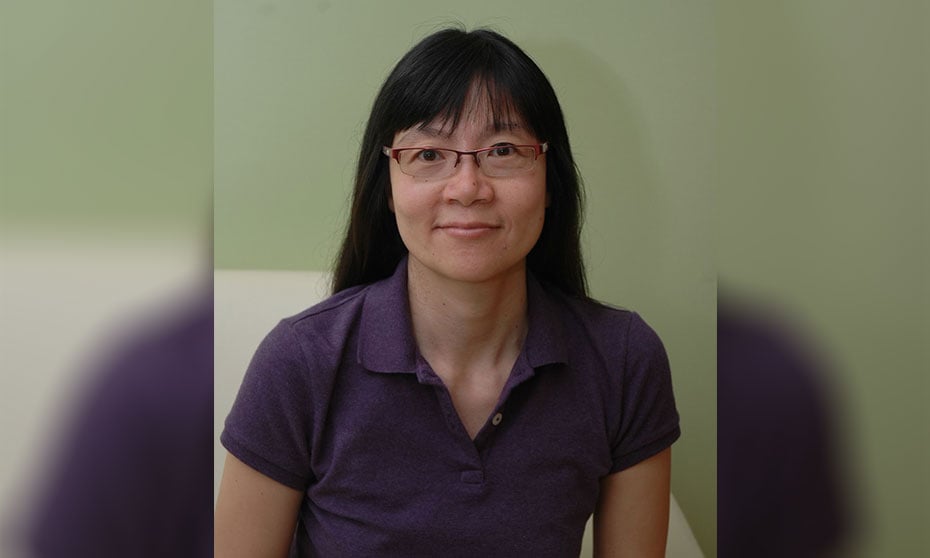
A Sept. 24 event at the Metro Toronto Chinese & Southeast Asian Legal Clinic explored the issue

Major political parties in the upcoming election lack strategies to deal with access to justice in racialized communities, lawyers and clients said at a Sept. 24 event at the Metro Toronto Chinese & Southeast Asian Legal Clinic.
"Without access to legal aid people cannot exercise their rights under the law. If people cannot exercise their rights, they cannot participate in democracy. The two are very much tied together,” said Avvy Go, Clinic Director of Metro Toronto Chinese & Southeast Asian Legal Clinic.
“People who are marginalized cannot participate in the discourse about policy development, which has a disproportionate impact on them — because they are marginalized. We kind of are going around in circles: by denying these people legal aid, they have no voice, then the government can pass laws and policies that have negative impacts on the very people who are being denied access to justice.”
The forum, hosted alongside the clinic’s annual meeting, and also featured commentary from Shalini Konanur, executive director and lawyer at South Asian Legal Clinic of Ontario (SALCO).
“Thinking of our clinic in particular, we serve communities that are very marginalized — all of our clients are from racialized communities, they are all low income, and many of our clients have precarious immigration status in Canada. On top of that there are people fleeing domestic violence, or who have mental health issues,” Go says. “These are clients with very complex legal needs who face multiple barriers in accessing legal services. And they are also subject to systemic discrimination within our legal system and our political system, due to their race, their gender, their immigraiton status, and so on.”
At the forum, community members asked legal candidates about whether they will reverse legal aid cuts, Go says. Others explained issues faced by low-income, racialized communities, such as difficulty getting Employment Insurance benefits when they are forced to quit their jobs due to lack of medical accommodation. Another legal issue raised at the meeting was the cutback on immigration options for family reunification, especially when people try to care for aging parents.
While the recent revelation of Prime Minister Justin Trudeau’s past brownface appearances was “appalling,” Go says there has not been much discussion of the everyday legal issues facing racialized communities.
“To be very frank, these communities are not getting a lot of political attention — even after the brownface incident that came to light. The mainstream media and the parties still have a hard time discussing systemic racism — they never shift the conversation beyond the brownface into a general discussion about the systemic and structural racism. To our community, those are the issues that are important to them and affect their lives,” Go says.
Go says that the clinic also plans to round up parties’ plans on key issues and send a report out to the community.
“We also want to educate the members of our communities about the legal challenges our members face,” she says.